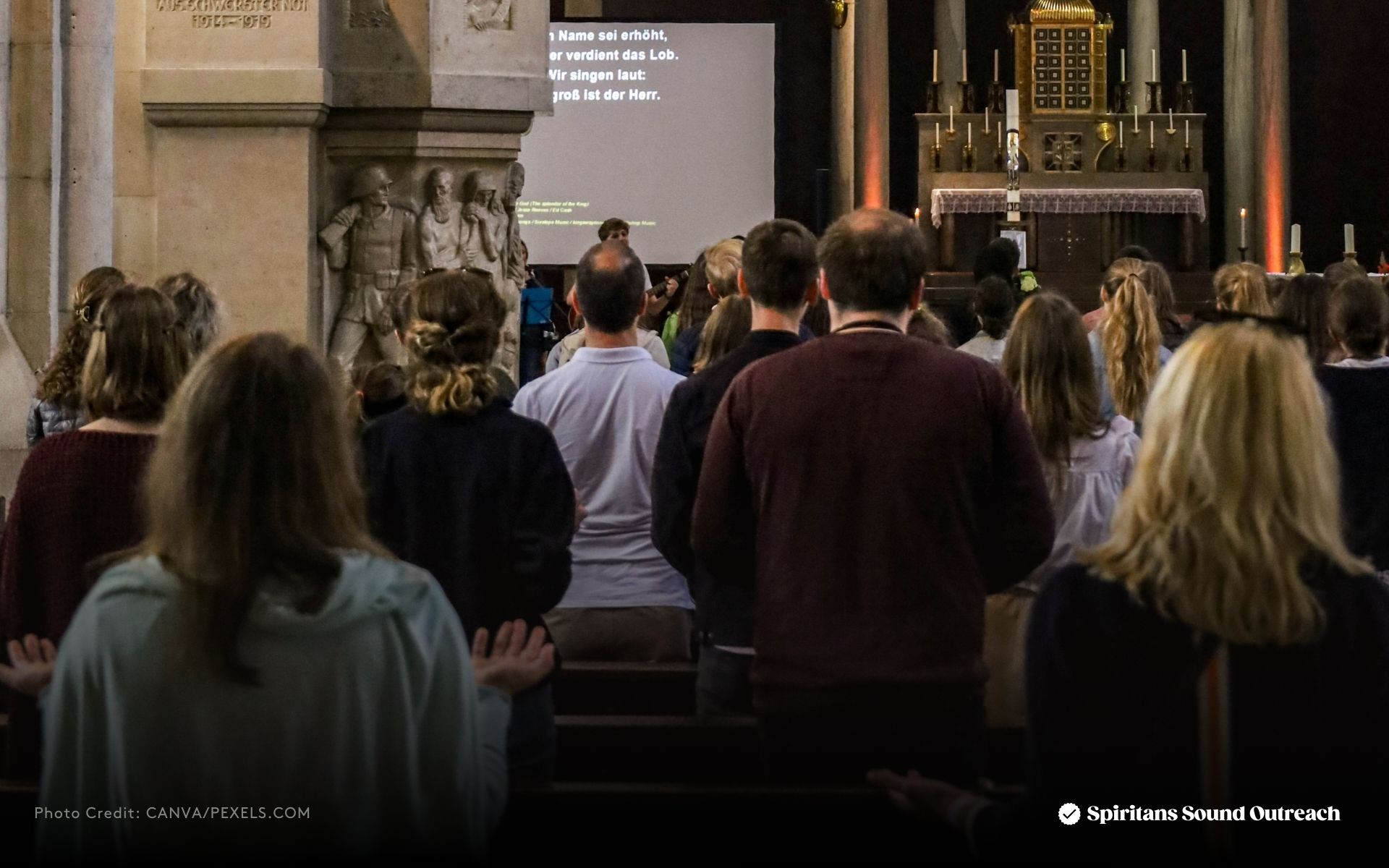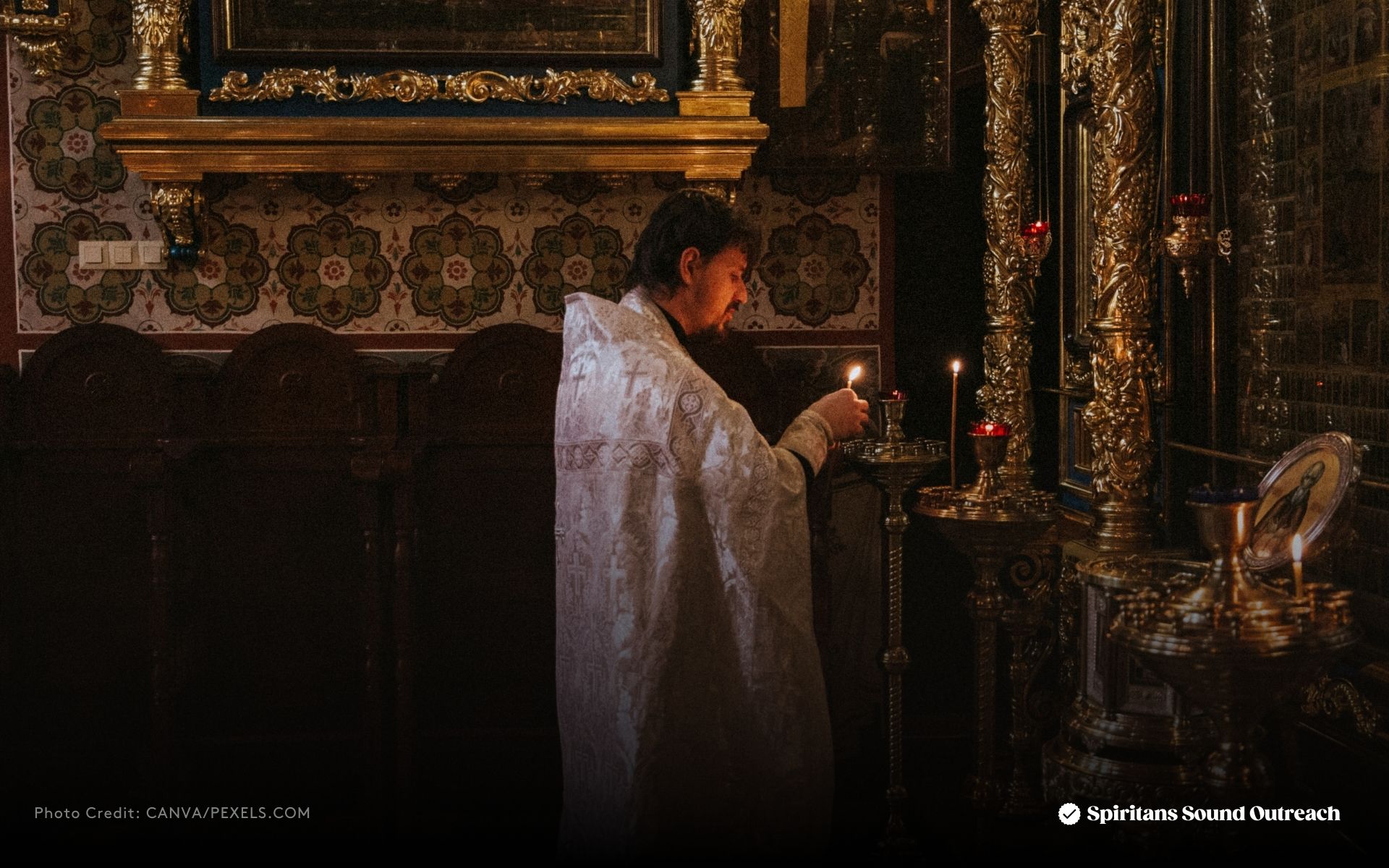1 Corinthians 11:17-26,33, Luke 7:1-10
Saints Cornelius, Pope, and Cyprian, Bishop, were 3rd-century martyrs who defended the faith during times of persecution. Pope Cornelius upheld Church unity and compassion, especially toward Christians who had lapsed under pressure. St. Cyprian, Bishop of Carthage, was a theologian and strong advocate for the Church’s authority. Both were martyred for their faith—Cornelius in exile, and Cyprian by beheading. Their feast, celebrated on September 16, honors their steadfastness, leadership, and commitment to the early Church.
As members of the body of Christ, it is our duty to be agents of unity wherever we go. In society, we may be divided by various status—age, economic achievements, and other classifications. However, when we gather as members of the Body of Christ, we should set aside these differences and embrace our unity in faith. Therefore, there is no place for factions or cliques in the house of God. It is disheartening to see divisions based on ethnicity, race, or class, where the rich and poor are separated, and some are made to feel inferior. We are called unity, not division.
Paul rebukes the Corinthians. In addressing the subject of their gatherings, Paul remarked that he could not commend them for holding meetings that caused more harm than good. He noted that when they assembled as a community, he had heard of divisions among them, which he partly believed, as it revealed those who could be trusted. Paul criticized them for not truly celebrating the Lord’s Supper, as some hurriedly ate their own meals, leaving others hungry or drunk. He questioned their lack of respect for the community, particularly the poor, and expressed that he could not congratulate them on such behavior. 1 Corinthians 11:17-26,33
Moreover, Paul reiterated in his first letter to the Corinthians 10:16: ” The cup of blessing that we bless, is it not a participation in the blood of Christ? The bread that we break, is it not a participation in the body of Christ?”
More so, the faith of the centurion who came to Jesus seeking healing for his servant serves as a powerful example for us [Luke 7:1-10]. He valued his servant as much as his own children and recognized his complete dependence on Jesus’ mercy. Despite his status, the centurion did not see himself as important. When Jesus was on his way to his house, the centurion sent friends to say, “ Sir, do not trouble yourself, for I am not worthy to have you under my roof. Just give the word, and my servant will be healed.” His humility and unwavering faith in Christ were enough for the miracle to happen.
Like saints Cornelius and Cyprian, let’s pray that we always recognise the unity of believers and pray for the unity of the church.









